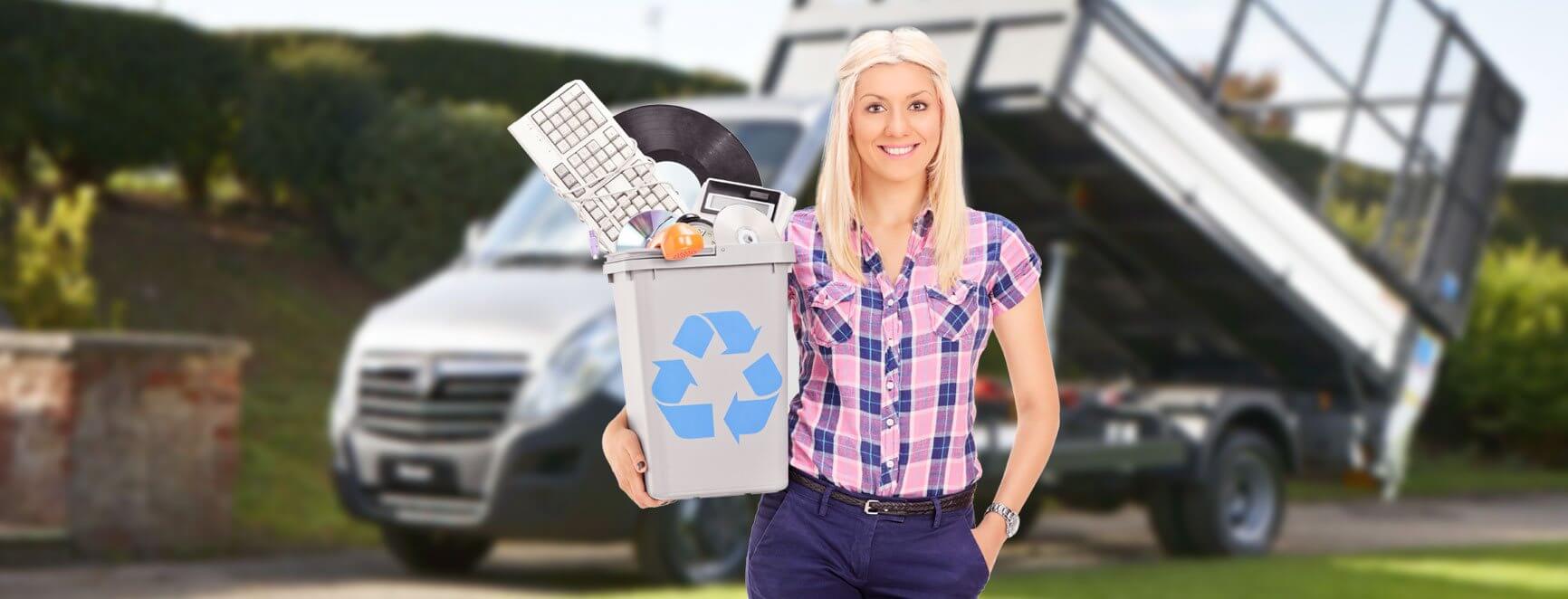Expert Advice on Minimizing Green Waste
Posted on 14/09/2024
Green waste, consisting of organic materials such as grass clippings, leaves, and branches, is a significant component of the waste produced by households and businesses. Effectively managing green waste not only helps in reducing environmental impact but also provides numerous other benefits such as reducing landfill use, generating compost, and saving money. This article seeks to explore expert advice on minimizing green waste and promoting sustainable practices.
Understanding Green Waste
Green waste primarily includes biodegradable garden or park waste such as leaves, grass clippings, pruned branches, sod, and food waste. As it decomposes, green waste releases methane, a potent greenhouse gas. Proper management of green waste is therefore essential in mitigating climate change and preserving our environment.

The Importance of Minimizing Green Waste
Minimizing green waste can have countless benefits, ranging from environmental to economic. Here are a few reasons why it's crucial to reduce green waste:
- Environmental Impact: Reducing green waste helps lower greenhouse gas emissions and reduces the strain on landfills, which are quickly reaching their capacities.
- Resource Conservation: Green waste can be composted to create rich soil amendments, fed back into gardens, and landscapes to improve soil health and plant growth.
- Cost Savings: Less money spent on waste management and disposal services, as well as potential revenue from selling compost locally.
Strategies for Minimizing Green Waste
Here are some expert strategies to effectively minimize green waste generated at homes or businesses:
Composting
Composting is one of the best ways to manage green waste. By composting, you can turn organic materials into nutrient-rich compost that can improve soil health and support plant growth. Here's how to start composting:
- Choose a Compost Bin: Select a compost bin that suits your space and needs. This could be a tumbling composter, a stationary bin, or even a DIY bin made from wood pallets.
- Layer Materials Properly: Alternate layers of green waste (grass clippings, vegetable scraps) with brown waste (dry leaves, straw) to maintain a balanced carbon-to-nitrogen ratio.
- Turn and Aerate: Regularly turn the compost to ensure proper aeration and facilitate decomposition. This can prevent odor issues and speed up the process.
Grasscycling
Grasscycling involves leaving grass clippings on the lawn after mowing rather than bagging them. This practice can provide the following benefits:
- Natural Fertilizer: Grass clippings decompose quickly and return valuable nutrients to the soil, reducing the need for chemical fertilizers.
- Waste Reduction: Helps to significantly decrease the volume of waste sent to landfills.
- Moisture Retention: By shading the soil, the clippings can help retain moisture, reducing the need for frequent watering.
Mulching
Mulching involves spreading organic materials, like wood chips or shredded leaves, around plants in your garden. Mulch helps in the following ways:
- Weed Control: Mulch reduces weed growth by blocking sunlight.
- Soil Temperature Regulation: Helps to regulate soil temperature, keeping it cooler in summer and warmer in winter.
- Moisture Conservation: Reduces evaporation, helping the soil retain moisture.
Proper Plant Selection and Garden Design
Designing your garden with sustainability in mind can also reduce green waste. Here's how:
- Perennials vs. Annuals: Opt for perennial plants, which do not need to be replanted every year, thus reducing plant residue waste.
- Drought-Tolerant Plants: Choose plants that require less water, reducing the need for green waste removal from trimming and pruning.
- Native Plants: Native plants are adapted to local conditions and typically require less maintenance and produce less waste.

Recycling and Reusing Green Waste
Beyond composting and mulching, green waste can be recycled and reused in other ways. Here are some creative methods:
Creating Natural Habitats
Use branches and logs to create natural habitats. These can become shelters for wildlife such as birds, insects, and small mammals. This not only recycles green waste but also enhances biodiversity.
Making Leaf Mold
Leaf mold is a form of compost made from decayed leaves. Collect leaves in a pile or bin and allow them to break down over time. The resulting product can be used instead of peat moss in gardens, improving soil structure and water retention.
Woodchip Pathways
Utilize chipped or shredded branches to create natural garden paths. Woodchips can suppress weeds and provide a stable walking surface while decomposing slowly to enrich the soil.
Conclusion
Minimizing green waste is not just an environmentally beneficial practice but also a cost-effective and resource-saving strategy. By incorporating composting, grasscycling, mulching, and carefully selecting plants, individuals and businesses can significantly reduce their green waste output. Additionally, recycling and reusing green waste in creative ways further contributes to a sustainable and eco-friendly lifestyle.
By following these expert tips and strategies, you can play your part in reducing the ecological footprint and contributing to a healthier planet. Remember, every small effort counts when it comes to managing waste and protecting our environment.





